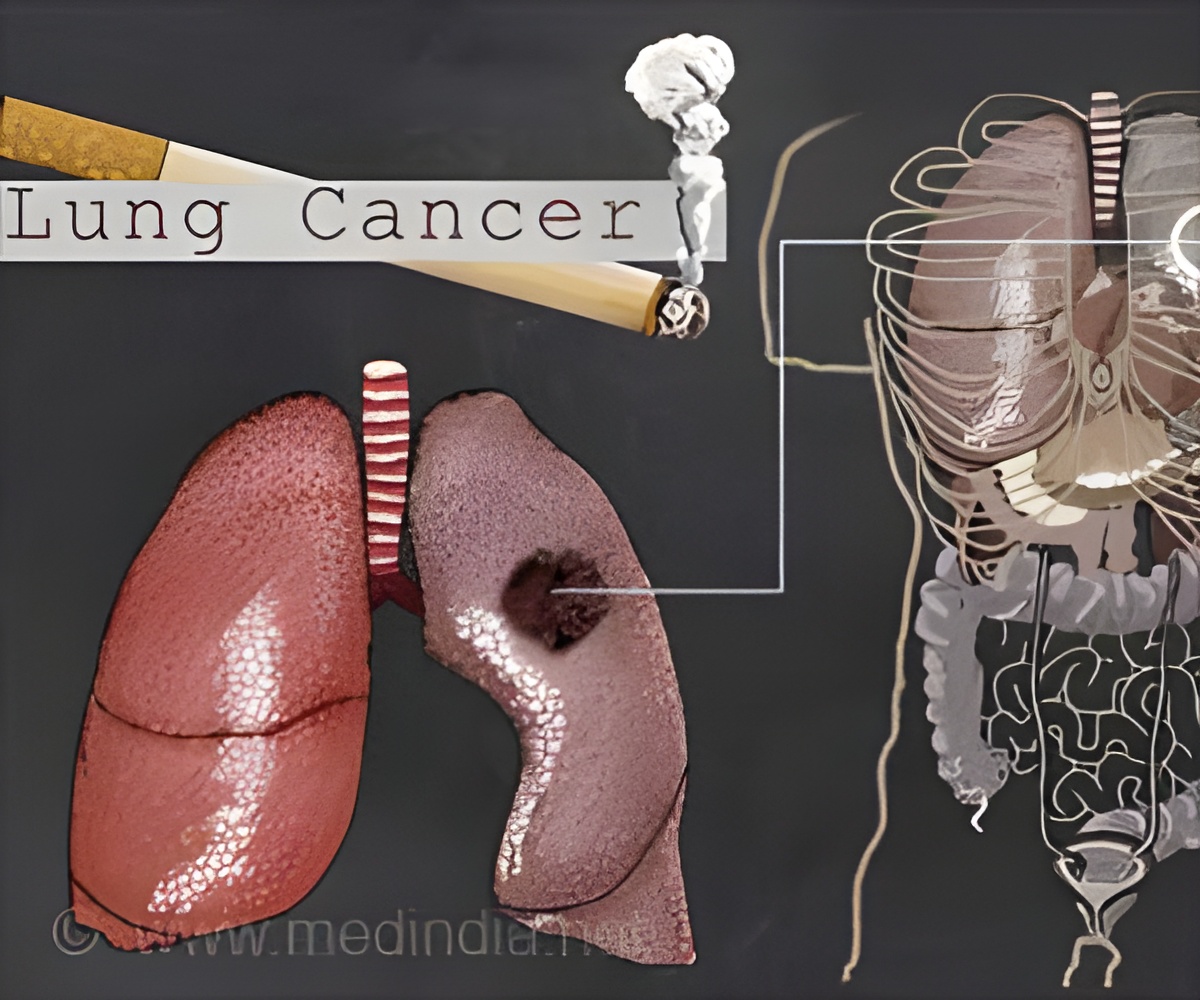A recent study states Cancer survivors who are diagnosed during adolescence or early adulthood (age 15-20 years) are at increased risk of premature death compared to the general population.

‘Childhood cancer survivors are known to have a higher risk of early death and long-term health problems related to their treatment, including heart conditions and circulatory problems.’





The study involved people diagnosed with cancer between 1970 and 1999, so it is not clear whether young adults diagnosed today can expect similar outcomes as treatments have improved in the intervening decades. Nevertheless, the authors say their findings highlight the need for long-term screening of young cancer survivors throughout their lives.Childhood cancer survivors are known to have a higher risk of early death and long-term health problems related to their treatment, including heart conditions and circulatory problems. Little is known about the long-term consequences of cancer treatment on adolescents and young adults, however.
Dr Eugene Suh, Loyola University Chicago Health Sciences, USA, explains: "While previous studies have examined long-term outcomes for people who survive five years or more after cancer diagnosis in childhood or adulthood, our study is the first to specifically investigate health consequences for those diagnosed in adolescence and young adulthood. These survivors have the potential to live long, healthy lives but they remain at risk of health problems as a consequence of their previous cancer treatments."
In the new study, the researchers examined data from the Childhood Cancer Survivor Study, which has been tracking health outcomes from more than 24,000 people who were diagnosed between 1970 and 1999 in the USA and survived for five or more years after diagnosis.
The team focused on study participants who were aged between 15 and 21 years at the time of their initial cancer diagnosis (5,804 people). For comparison, the team randomly selected a cohort of childhood cancer survivors diagnosed with the same cancers before age 15 from the larger study database (5,804 people). A third group of siblings of similar ages was also recruited for comparison (5,059).
Advertisement
Based on their analysis, the authors estimate that the likelihood of a young adult cancer survivor developing a severe health condition by age 45 was 39% (one in 2.6), compared with 12% for siblings of the same age (one in 8). The risks for people diagnosed as adolescents were lower than those of childhood cancer survivors diagnosed before age 15, where the likelihood of developing a severe condition by age 45 was 56% (more than one in two).
Advertisement
Early adolescent and young adult survivors were 1.6 times as likely to die from recurrence or progression of their primary cancer compared with childhood cancer survivors (492 deaths of adolescent survivors compared with 325 deaths of childhood survivors).
The differences in health outcomes between childhood survivors and young adults were most notable twenty years after diagnosis. The researchers say this underlines the importance of long-term health screening for both groups of cancer survivors.
Dr Tara Henderson, Associate Professor at the University of Chicago, USA, said: "Focused efforts are needed to ensure young adult cancer survivors receive long-term health monitoring, with a focus on cancer screening, to reduce their risk of health problems and early death. Studies have shown that adherence to such programmes is poor, so we need to do more to highlight the importance of lifelong care to survivors and their families, as well as primary health care providers. We also need further research to understand how best to deliver risk-based care for survivors that incorporates both cancer specialists and primary care providers in the community."
The researchers caution that their findings may not be generalisable to patients treated today, who are likely to receive different treatment regimens than in previous decades.
An additional limitation is that the cohort of survivors included in the study did not include the full range of cancers typically seen in this age group. Notably, those with gonadal tumours, melanomas and thyroid cancers were not included, yet these account for almost 40% of cancers diagnosed between the ages of 15 and 20 years.
Writing in a linked Comment, Dr Paivi Lahteenmaki (who was not involved in the study), Turku University, Finland, said: "Accurately characterising individuals at high risk who would benefit from a tailored screening programme is most important. In the future, identifying underlying genetic or molecular factors that might define patients at high risk of late sequelae would help planning approaches to survivorship."
Source-Eurekalert













